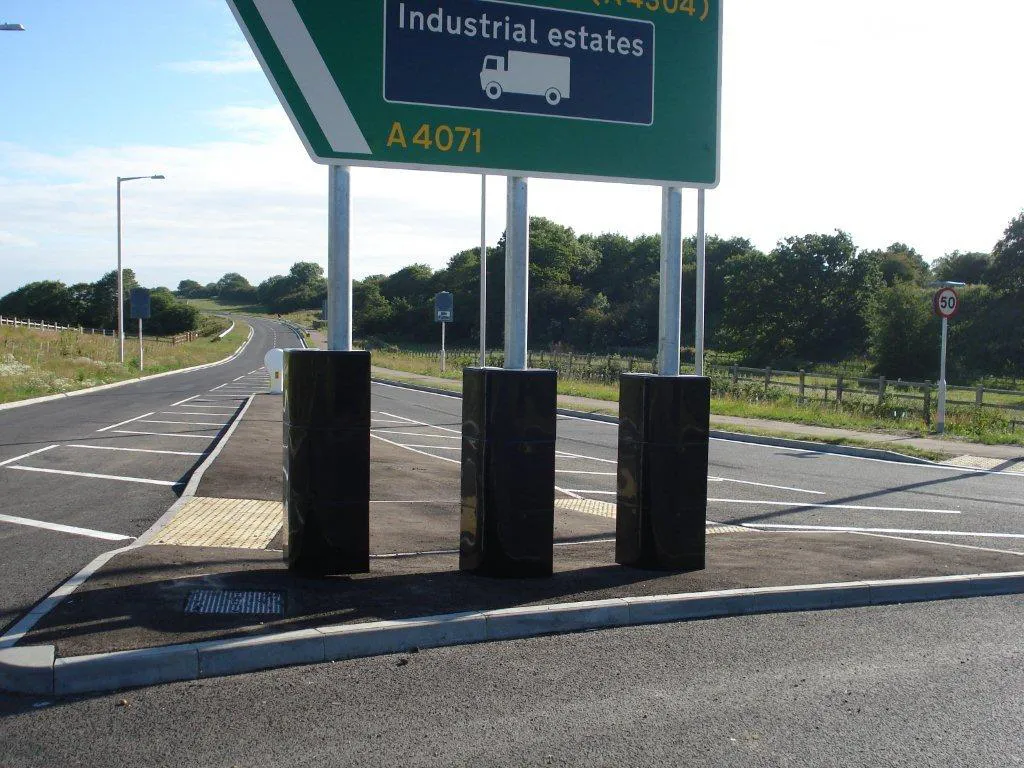Five of Europe’s transport ministers are calling for Europe to reduce the rate of serious road injuries. The transport ministers of the Czech Republic, Hungary, Poland, Slovakia and Slovenia have joined earlier calls for the European Union to come forward with a target to reduce the numbers of people seriously injured in road collisions.
In a declaration signed in Prague today at a meeting of the Visegrad group of countries, the ministers wrote, “…that traffic crashes cause an unacceptable human, social
May 13, 2016
Read time: 2 mins
Five of Europe’s transport ministers are calling for Europe to reduce the rate of serious road injuries. The transport ministers of the Czech Republic, Hungary, Poland, Slovakia and Slovenia have joined earlier calls for the European Union to come forward with a target to reduce the numbers of people seriously injured in road collisions.
In a declaration signed in Prague today at a meeting of the Visegrad group of countries, the ministers wrote, “…that traffic crashes cause an unacceptable human, social and economic loss and harm physically, psychologically and materially the victims and their relatives.” They called for a target to reduce serious injuries by 40% by 2020.
Transport ministers from Belgium, Cyprus, Finland, Ireland, Lithuania and Luxembourg also backed calls for a serious injury reduction target in 2015.
The European Commission recently published a figure for the number of people seriously injured on Europe’s roads – there were 135,000 in 2014. According to ETSC data, the numbers have declined much more slowly than the number of deaths in recent years.
The release of the new 2014 data required the adoption, by all EU member states, of a standardised medical definition of what constitutes a serious road injury, as well as a standardised way of collecting the statistics.
ETSC welcomed this long overdue and positive step in the right direction, but says a long term target and specific measures to reduce the numbers seriously injured are urgently needed. ETSC says that now the data are available, there is no reason to delay further. A serious injury target was postponed last year, and no new timeline has been set for its announcement.
ETSC’s Let’s Go campaign, calling for a serious injury reduction target has also been backed by more than 70 experts and representatives of road safety organisations from across Europe.
In a declaration signed in Prague today at a meeting of the Visegrad group of countries, the ministers wrote, “…that traffic crashes cause an unacceptable human, social and economic loss and harm physically, psychologically and materially the victims and their relatives.” They called for a target to reduce serious injuries by 40% by 2020.
Transport ministers from Belgium, Cyprus, Finland, Ireland, Lithuania and Luxembourg also backed calls for a serious injury reduction target in 2015.
The European Commission recently published a figure for the number of people seriously injured on Europe’s roads – there were 135,000 in 2014. According to ETSC data, the numbers have declined much more slowly than the number of deaths in recent years.
The release of the new 2014 data required the adoption, by all EU member states, of a standardised medical definition of what constitutes a serious road injury, as well as a standardised way of collecting the statistics.
ETSC welcomed this long overdue and positive step in the right direction, but says a long term target and specific measures to reduce the numbers seriously injured are urgently needed. ETSC says that now the data are available, there is no reason to delay further. A serious injury target was postponed last year, and no new timeline has been set for its announcement.
ETSC’s Let’s Go campaign, calling for a serious injury reduction target has also been backed by more than 70 experts and representatives of road safety organisations from across Europe.






